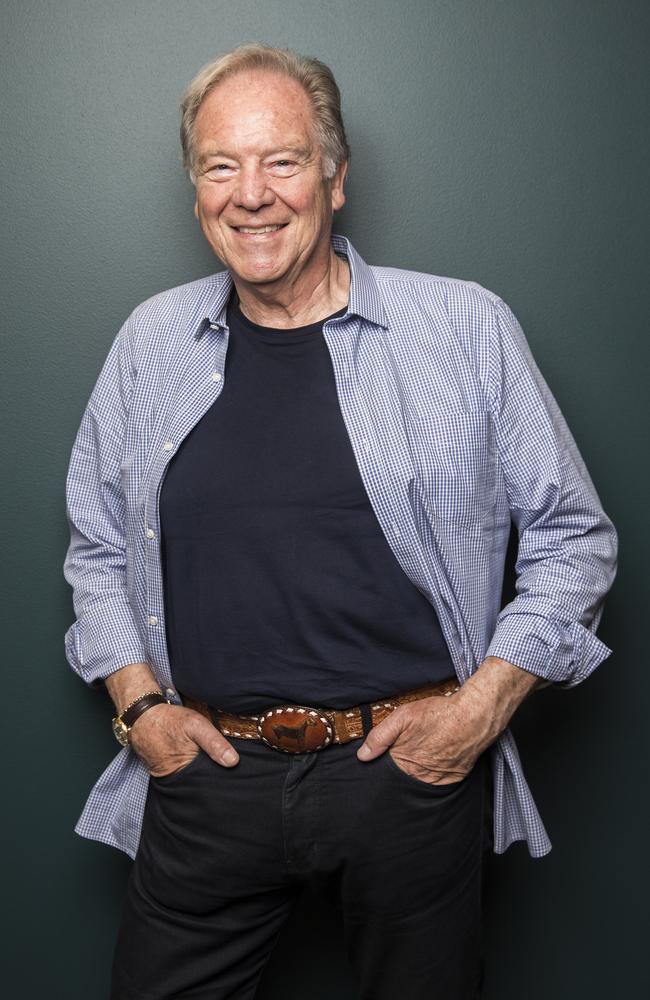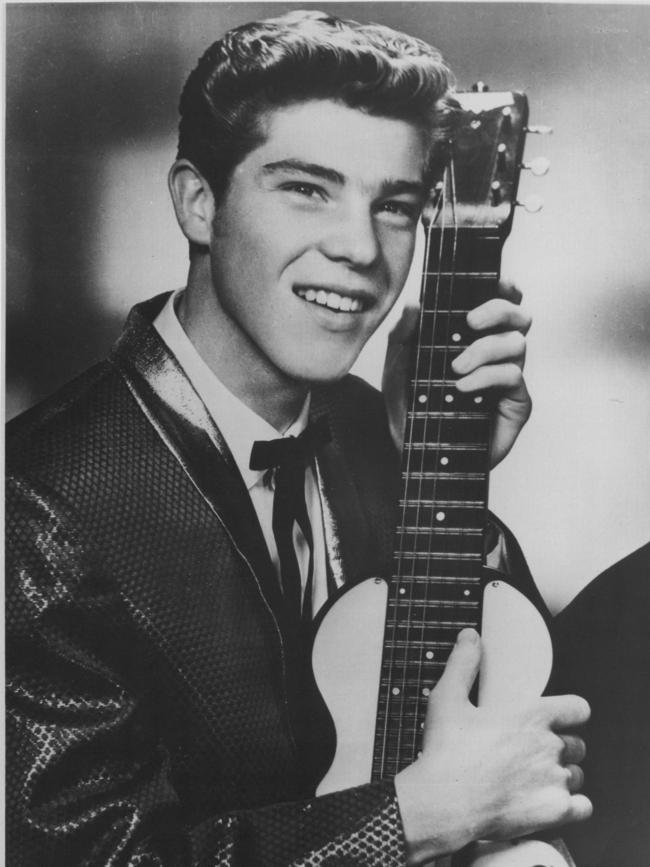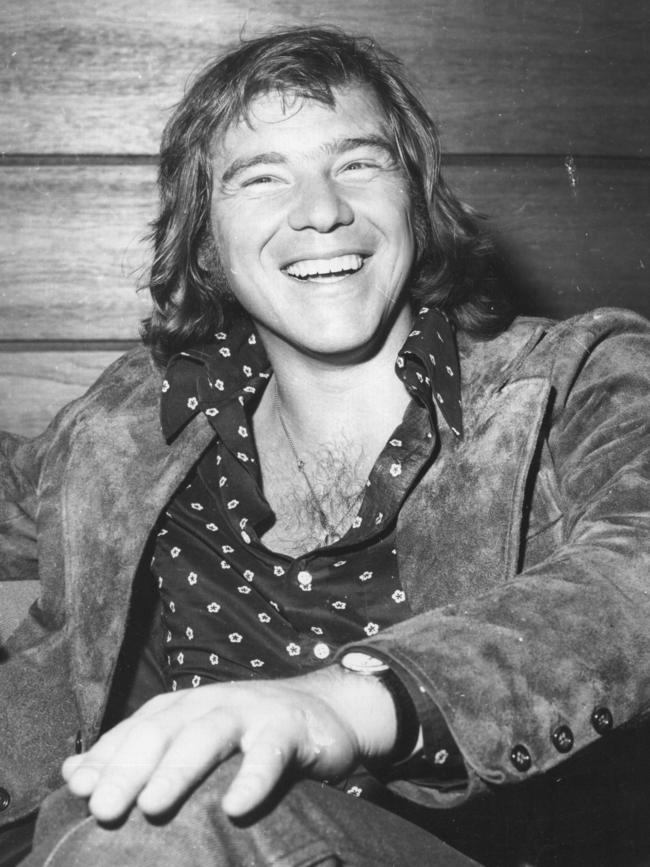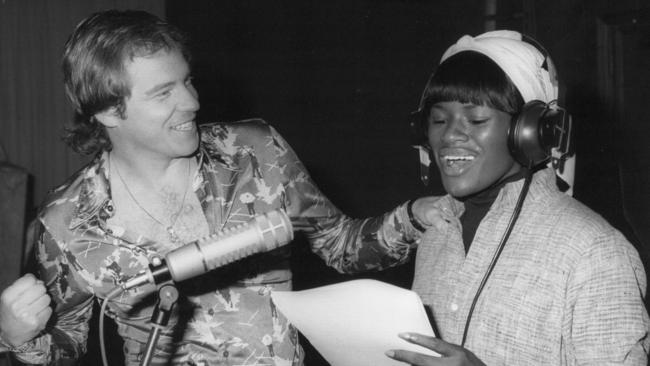A look back at musician Robie Porter’s successful career from Sydney to Hollywood
To celebrate the new year of 2019, Confidential will over the coming days be looking back at some prominent Australians from show business from 1959 to now. Today, it’s country, pop-rock musician Robie Porter.
Confidential
Don't miss out on the headlines from Confidential. Followed categories will be added to My News.
Robie Porter attributes old fashioned luck with carrying him through from his first television appearance in 1959 to today.
That’s a lot of luck if you take into account the former Ashfield schoolboy’s many achievements, not least of which include topping the charts here and in the United States over several decades.
“I was just lucky all the way through,” smiled Porter, who went to high school with adman John Singleton.
Porter grew up in Sydney’s inner west and got his big break as Rob E.G. in 1959 when Johnny O’Keefe invited him to perform with his lap steel guitar on national TV show, Six O’Clock Rock.

MORE NEWS
Miley Cyrus, Liam Hemsworth on ‘family honeymoon’
Don’t watch NYE on TV? Binge on this instead
The Aussies tipped for big success in 2019
He had just finished studying Arts/Law at Sydney University at the time.
Putting his law aspirations behind him, he became a regular on Bandstand and was signed to Rex Records and released hits Si Senor, 55 Days at Peking and When You’re Not Near.
He was the top selling artist in Australia for three years running, from 1962 to 1964, winning a TV Week Logie Award that third year.
It wasn’t long before Hollywood took notice and he took home Billboard gongs for being the most played singer in the US in 1966 and 67.


Signed to MGM Studios, the Aussie pin-up acted alongside Charlotte Rampling and Sam Waterston in the movie, Three, and James Coburn and Jennifer O’Neill in The Carey Treatment. He also hosted American music show Popendipity, beating Neil Diamond to that gig.
“There’s talent but there’s also luck,” Porter said.
“David Geffen (American music exec) said to me once there are 10 things about be0ing a star, number 10 is talent and number one is charisma. To me charisma is the ability to cause people to like you. Performance is second.”
Gradually, while he never gave up performing, Porter moved to work more behind the scenes, managing artists and producing albums.
He was instrumental in Air Supply’s launch into the US with their hits Lost In Love and All Out Of Love and was behind Daddy Cool’s Eagle Rock, as well as Rick Springfield’s Jessie’s Girl and Marcia Hines’ I Just Don’t Know What To Do With Myself, You and Shining.

Looking at reality singing shows of today, Porter said: “It is not about talent, it is drama. The judges are as much a part of the show as the artists are themselves. I also think your appearance is very important too in terms of success. You don’t have to be beautiful but you have to be presentable and a lot of these people that go on these shows I wouldn’t sign because I know I couldn’t make a big star out of this person. The charisma factor is it really. Those shows have been fantastic for recording artists because otherwise they wouldn’t have gotten in. It is just the way of judging, who knows really who decides who is going to win.”
In what might come as somewhat of a bombshell, Porter revealed Air Supply’s original lyrics for massive hit All Out Of Love were changed on the demand of American music mogul Clive Davis.
“Graham Russell originally wrote: ‘I’m all out of love, I want to arrest you’, which Clive demanded had to be changed,” Porter explained.
“Graham refused so Clive asked me to rewrite the lyrics and Graham said, ‘I don’t care what you do’. I came out with I’m all out of love, I’m so lost without you. I didn’t change every word … just about half of the lyrics.”
Originally published as A look back at musician Robie Porter’s successful career from Sydney to Hollywood



